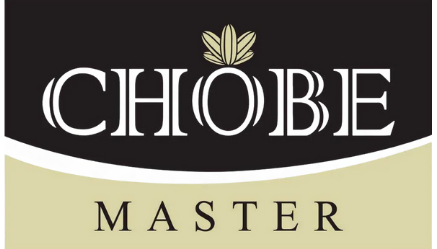
When it comes to introducing solid foods into a baby's diet, parents often face numerous choices and concerns. One popular option is brown rice cereal, known for its nutritional value and ease of preparation. However, the safety of introducing brown rice cereal to babies at 6 months old has become a subject of debate in recent years. In this article, we will explore the safety aspects, potential benefits, and risks associated with feeding brown rice cereal to infants
The Nutritional Value of Brown Rice Cereal for Infants
One of the primary reasons parents consider brown rice cereal as an option for their infants is its nutritional value. Brown rice is a whole grain rich in essential nutrients such as fiber, vitamins, and minerals. It is also gluten-free, making it a suitable choice for babies with gluten sensitivities. Additionally, it provides a good source of carbohydrates, which can be an important energy source for growing babies
When to Start Solid Foods
The American Academy of Pediatrics (AAP) recommends that babies should start consuming solid foods around six months of age. At this point, most infants have developed the necessary physical and developmental skills to begin eating solids. Before this age, babies typically rely on breast milk or formula for their nutritional needs, which provide them with all the essential nutrients required for healthy growth.
Brown Rice Cereal as a First Food
Brown rice cereal is often recommended as a baby's first solid food. It is considered easy to digest, gentle on the stomach, and unlikely to cause allergies in most babies. However, it is essential to ensure that the cereal is properly prepared by mixing it with breast milk, formula, or water to create a smooth, thin consistency suitable for a baby's initial introduction to solids.
Potential Benefits of Brown Rice Cereal
Brown rice cereal offers several potential benefits for infants. It is a good source of iron, a crucial nutrient for a baby's development, as their iron stores from birth begin to deplete around six months of age. Introducing iron-rich foods, like brown rice cereal, can help prevent iron deficiency anemia in infants. Additionally, its mild flavor and creamy texture make it a convenient choice for introducing babies to solid foods.
Safety Concerns with Brown Rice Cereal
While brown rice cereal has its merits, there are safety concerns associated with its consumption by infants. Brown rice has been found to contain higher levels of inorganic arsenic, a naturally occurring heavy metal, compared to other grains. Arsenic exposure in early life has raised concerns, as it may be linked to long-term health risks. It's important for parents to be aware of these concerns and take steps to mitigate potential risks.
Reducing Arsenic Exposure
To reduce the risk of arsenic exposure, parents can take several precautions. When preparing brown rice cereal, thoroughly rinse the rice before cooking it to remove some of the arsenic. Additionally, it's wise to offer a variety of grains and foods in your baby's diet rather than relying solely on brown rice cereal. Moderation is key when introducing any new food to your infant's diet
Alternatives to Brown Rice Cereal
If parents are concerned about the potential risks of brown rice cereal, there are alternative iron-rich foods and infant cereals available. Oatmeal, quinoa, barley, and fortified infant cereals are excellent options. These alternatives can provide the necessary nutrients without the same levels of arsenic exposure.
Introducing Chobe Kids (Baby Food Cereal)
CHOBE NURTURING BABY FOOD “a 1st Taste” of real brown rice specially designed for your little one. Using all-natural ingredients (non-GMO ingredients), no preservatives, salt or sugar, dairy ingredients, artificial colors or fragrances. In a well-balanced manner, additionally, with plenty of rich-packed nutrients, prebiotics, DHA and multivitamins make the little pie feel fuller and tremendously happy. There are four different flavors to choose from. Each flavor has different benefits.
Chobe Kids (Spinach): Click Here To Order Now


Chobe Kids Purple Sweet Potato: Click Here To Order Now


Chobe Kids Pumpkin: Click Here To Order Now


Chobe Kids Mango: Click Here To Order Now



Certification


